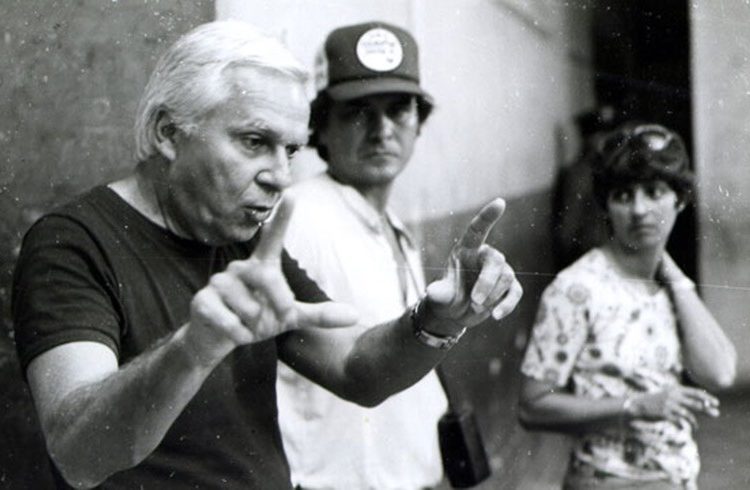In his usual Santiago headquarters, the International Documentary Festival Santiago Álvarez in Memoriam will mark next year its fourteenth anniversary. Documentary filmmakers from around the world will have from March 6 to 11 a space for discussion, reflection and sharing in this centuries-old city.
The event, which pays tribute to the chronicler of the third world and one of the most important masters of the genre, is dedicated this year to Mexico and personalities of the art and sport from Santiago de Cuba.
More than a hundred documentaries from thirty nations will be exhibited at the Cuba and Rialto theaters, and all the cinemas in the city. Mexico, Venezuela, Panama, Italy, France and Colombia are among the countries that are represented in disparate formats and styles.
Sponsored by the ICAIC and Provincial Film Center in the region, the event includes a conference program, a theoretical seminar and contest that invite many participants each year.

The Festival promotes the dissemination of works dedicated to the themes of contemporary society, and the reflection on the role of documentaries in our audiovisual universe. On the peculiarities of this year’s event and its origins, its president, Lázara Herrera, spoke with OnCuba.
“This event has Mexico as guest country of honor. This nation has maintained a very close relationship with the Cuban culture and politics for years. The other major significance this time is that it takes place in the context of the celebration of the 500 years of Santiago de Cuba. We want to pay tribute to a great city that has welcomed and supported us through thick and thin, in a time when many are questioning the place and wanted to move the Festival to Havana “she said.
Why did they choose the city of Santiago de Cuba for this festival?
In 1991 when the last ICAIC newsreel was filmed, we didn’t know it would be the last-in July, Santiago was invited to that province and they made him a tribute in the Second Front. Santiago said in an interview that his dream is to make a documentary festival in Guantanamo just opposite the naval base to attack imperialism from close range. Santiago died in 1998 and the boys of the film section of Santiago AHS come to me and tell me they want to realize the dream of the teacher and want to make a festival with these features in Santiago de Cuba. I loved that, because Santiago loved that city, he was constantly filming there.
So I say to these young people I had to consult with the directors of ICAIC because I had promised myself I would not to let the name of Santiago will be used for anything, I was not interested in a mural with his name or anything like that. I went to Alfredo Guevara and he thought it a very good initiative. We made the first edition to which I went very passively as an observer, in the second edition I gave some opinions and suggestions, and by the third festival I took absolute charge of the event and I really enjoyed it.
What have been the biggest challenges for the festival over the years?
It was complicated that the public understand that the festival was just for documentaries, we could not exhibit fiction materials. It was hard work, but we did win the preference of the viewers by the excellent documentaries presented. The festival has grown; we hope that this edition is one of the best for what it represents.
What’s new this time?
We have made a selection of both Cuban and foreign music documentaries of all time, as there are many new generations do not know and this is the opportunity to show them. The call is open until November 30th, I just brought many materials from Venezuela, these days I travel to Argentina to bring over from there and I’m hoping some of Mexico to continue with the selection of the official section.










